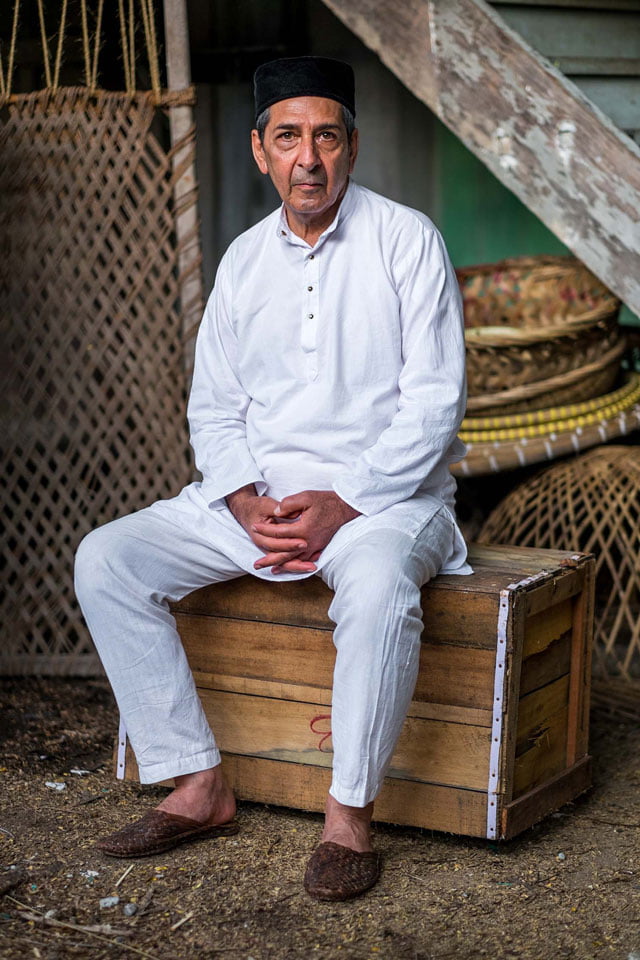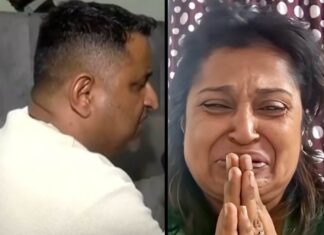It’s been 68 years that we’ve been a free nation, and just as the colonial aftertaste had faded off, Channel 4, a prominent British network hits us with its new costume drama, Indian Summers, which has been budgeted at an astounding £14 million. Six of the ten episodes of the miniseries have been aired, and the show has already been renewed for a second season.
The Setup
Set against the grandeur of picturesque Shimla in 1932, at the foothills of Himalayas, the story is a opulent fictional account of the riveting decline of the British rule and the rise of modern India, from both sides of the experience. Shimla is portrayed as a little England, where every summer the British power-brokers of this nation are posted to govern during the summer months. India dreams of freedom, but British are clinging on to the power.
The show romanticizes the glamour of the Raj but doesn’t fail to portray the snobbery, racism and corruption that were an equal part of the Raj’s summer capital. The Royal Shimla Club, where the British socialites mingle, upholds an unspeakable policy of ‘no dogs, no Indians’. There’s hushed affairs, both in Indian and British circles, which sometimes cross to produce Anglo-Indian kids that are abandoned by the parents, and taken under the wings of cash strapped missionaries, who Christen and educate them. Then there are locals who made the administration tick and society swing. The pursuit to claim power and stay socially relevant spins a tangled web of passions, rivalries and clashes. At this point in the story line, the show is bursting with secrets, and it’d be a leisurely wait to watch them unravel. Its creators are eyeing up another four seasons, taking the story through to the partition of India in 1947.
The Maker’s Perspective
The show is being described as Downtown-goes-to-India by the online viewers’ community. But creator Paul Rutman thinks it has similarities to Mad Men. “Like the world of Madison Avenue advertising in the Sixties, the British Raj is strange and unfamiliar, despite the fact it’s such an integral part of our history, with attitudes to issues like race and empire which now seem totally alien,” he says.
Rutman conceived the series while on a visit to Darjeeling with his wife and child, in part envisioning it as filling an empire-sized hole in Britain’s self-image. “Danny Boyle’s Olympics opening ceremony was a fantastic expression of what it means to be British, but it excised all mention of empire,” Rutman has said. “People on the right are quietly still terribly proud of it, while those on the left see it as a great source of shame. In the midst of that, there were ordinary people who went out there to try to make something of [themselves]. There’s a [dying] generation for whom empire was a huge part of their lives. I wanted to ask the question: what did we think we were doing out there?”
The Cast
The drama leads us through the lives of three sets of siblings: the high-ranking Ralph and Alice Whelan (played by Henry Lloyd-Hughes and Jemima West); young Parsi Indians Aafrin and Sooni Dalal (played by Nikesh Patel and Aysha Kala); and American outsiders Madeleine and Eugene Mathers (played by Olivia Grant and Edward Hogg). Thrown into the bunch are Indian Civil servants, families and British socialites such as Lord Willingdon, the Viceroy of India, the only real-life character in the drama, played by Game of Thrones actor Patrick Malahide. Julie Walters stars as Cynthia Coffin, the proprietor at the Royal Shimla Club, who manipulates the entire British pecking order. Renowned Indian theatre artists such as Roshan Seth, Lillete Dubey , Ash Nair, Mano Maniam, Alyy Khan portray pivotal characters.
Roshan Seth
Why you should watch it
Indian Summers has a conflicted approach to the past. It depicts the cross-cultural slap and tickle, the spices, saris and sahibs and all the rest of the costume drama dross of Anglo-Indian history. Britain may have lost an empire, but it does continue a long yet unrequited love affair with India, which is only explicable because of our imperial connection.
Overall, it’s a quite balanced account of events. It helps you fill the voids the facts of history books left to your imagination, giving you a peep into how the British and locals co-existed, making even the foreigners relatable, as indivisual people, instead of the collective Company enemies we imagined them to be while growing up. This is the best feature of this drama, you won’t be able to pick a side, just tread neutral ground as you pick your favourite character. There’s plenty to choose from.
Take a look at this trailer to see for yourself :
So this summer, catch this show at a laptop near you !
Picture Credits: Google Images





































